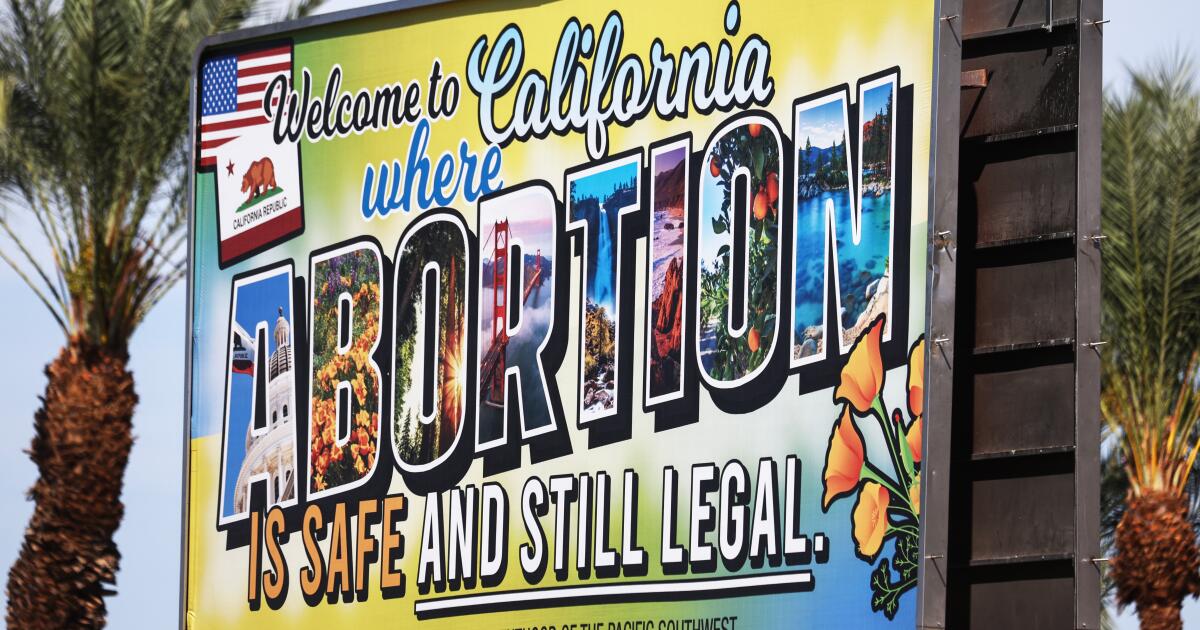Planned Parenthood, reproductive healthcare could receive $90 million in new state funding
SACRAMENTO — California lawmakers will consider bolstering funding for Planned Parenthood and other providers of reproductive health with a one-time infusion of $90 million, leaders of the state Legislature announced Friday.
Assembly Speaker Robert Rivas (D-Hollister) and Senate President Monique Limón (D-Goleta) said the money would give grants to providers that were affected by recent federal cuts passed by President Trump and the Republican-led Congress that targeted abortion providers. The funding is included in a proposed bill being considered by state lawmakers.
“Trump and his Republican enablers have waged an all-out assault on women — attacking abortion access, family-planning and reproductive health,” Rivas said in a Friday statement. “Outrage alone won’t stop it. When Trump strips funding, California will continue to act.”
The Republican-backed “One Big Beautiful Bill Act,” signed last year by Trump, prohibited federal Medicaid funding from going to Planned Parenthood. California and a coalition of other Democrat-led states filed a lawsuit against the Trump administration last year over the provision.
More than 80% of the nearly 1.3 million annual patient visits to Planned Parenthood in California were previously reimbursed by Medi-Cal, the state’s version of Medicaid, which provides healthcare coverage to low-income Americans.
In his recent budget proposal, Gov. Gavin Newsom allotted $60 million for reproductive healthcare. His proposal serves as a starting point for state budget negotiations.
Planned Parenthood offers a range of services, including abortions, birth control, cancer screenings and testings for sexually transmitted diseases.
